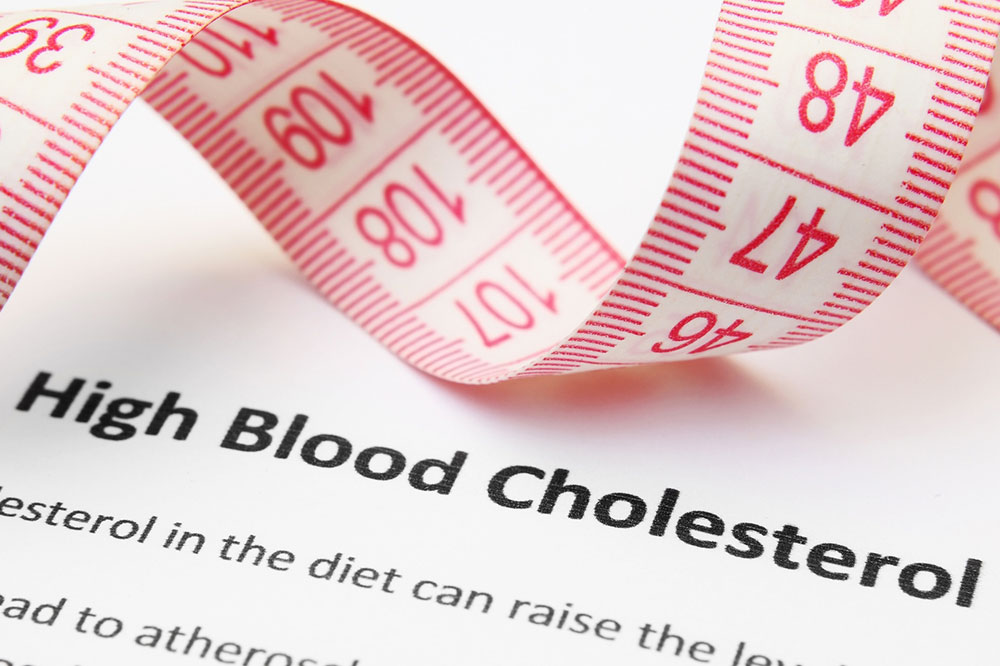Understanding High Cholesterol: Symptoms, Causes, and Risks
Discover the essential facts about high cholesterol, including symptoms, causes, and risk factors. Learn how lifestyle changes and medical interventions can help manage cholesterol levels effectively and reduce the risk of heart disease. This overview emphasizes the importance of regular screening and healthy habits for cardiovascular health.
Sponsored

High cholesterol refers to an excess of waxy fatty substances in your bloodstream. While cholesterol is essential for building healthy cells, an overload can increase the risk of heart conditions. Excess cholesterol can deposit in blood vessels, impairing blood flow and leading to blockages. Sometimes, these deposits break down, causing clots that may result in heart attacks or strokes.
High cholesterol often stems from unhealthy lifestyle habits but can also be inherited. Fortunately, it is preventable and manageable through regular exercise, a balanced diet, and medications.
Symptoms
Typically, high cholesterol doesn't cause noticeable symptoms. The only reliable way to detect it is via blood tests.
Causes
Cholesterol binds to proteins forming lipoproteins, which transport it through the blood. There are two main types:
HDL (High-Density Lipoprotein)
Known as good cholesterol, HDL helps remove excess cholesterol by transporting it to the liver for excretion.
LDL (Low-Density Lipoprotein)
This is the harmful type, carrying cholesterol to the body's tissues. Over time, LDL accumulates in artery walls, causing narrowing and hardening.
A lipid profile blood test measures triglyceride levels, with higher levels increasing heart disease risk. Lifestyle factors like diet, exercise, and body weight influence cholesterol levels, but genetics also play a role.
Risk factors
Diet Consuming foods high in trans fats (baked goods, microwave popcorn) and saturated fats (red meat, full-fat dairy) raises cholesterol.
Smoking Damages blood vessels, deposits fatty plaques, and lowers beneficial HDL cholesterol.
Obesity A BMI of 30 or above increases the risk.
Age Cholesterol levels tend to rise with age due to declining liver efficiency.
Lack of physical activity Sedentary lifestyles contribute to higher LDL levels. Engaging in at least 30 minutes of daily exercise can help.
Diabetes People with diabetes are more prone to developing high cholesterol.






